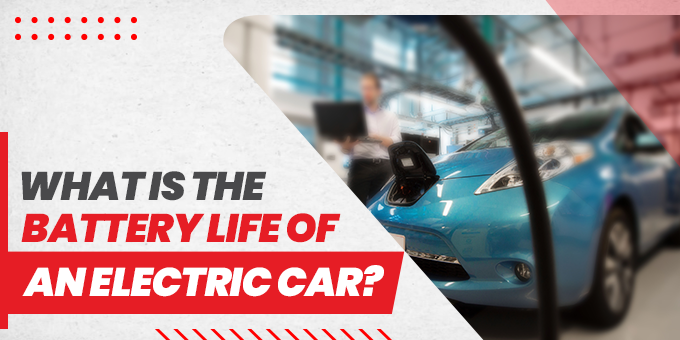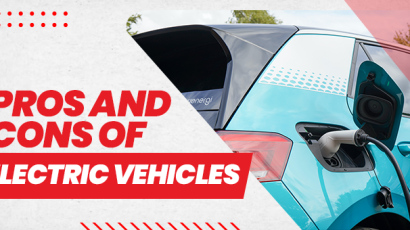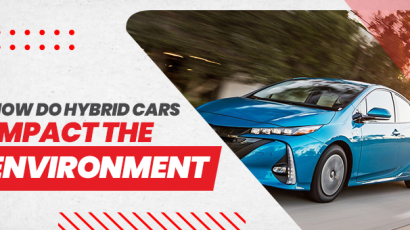
Car enthusiasts often worry about the battery life of an electric car before investing in it. Being one of the most critical and expensive components of an electrical vehicle it is important that its battery last a long time.
Electric vehicles are free of the dozens of components that most gasoline cars have which eliminates most of the equipment that could fail or need repair. However, one of the components that make car enthusiasts think twice about buying an electrical vehicle is the battery life.
With the electric car running up to a maximum of 65000 miles, drivers are a bit skeptical about buying it and repurposing their car choice to gasoline cars. While it is unlikely that an electric car’s battery will downright fail after 65000 miles, it will eventually lose its capacity to fully charge.
Over time the power cells can be depleted and gradually lose all their power making the electric vehicle finding its way to a junkyard because replacing the said battery is extremely costly.
The Basics of EV Battery
Cars running on gasoline have lead-acid batteries while electric vehicles have lithium-ion batteries which are similar to the batteries that are utilized in our mobile phones and other handheld devices. The benefits of these lithium-ion batteries are that they promise optimal energy density as compared to other metal hydride batteries. They can maintain a longer battery life even on stand-by. And lastly, they are made up of countless cells instead of just one unit. Visit our website and get the best used cars for economical prices.
Life Expectancy
One thing that we have established is that the battery of an electric car can lose its capacity over time but will not completely die down immediately. Many electrical vehicles being sold come with a warranty of a minimum of 8 years or up to 100 thousand miles as per a report by Carfax.
For example, Kia offers a warranty of 10 years or a hundred thousand miles whereas Hyundai offers a lifetime coverage of all its electrical vehicle’s batteries.
The catch here with the warranties is that some manufacturers will only cover if the battery completely dies down or are incapable of holding their charge. Whereas brands like Nissan, Volkswagen, BMW, and Tesla cover the warranty of a battery if it dies down to around 60 to 70%.
One of the key factors to be taken into consideration is that these lithium-ion battery cells do not pair well with heat which is why cars in hotter regions will be experiencing a faster rate of battery depletion. So, while buying your electrical vehicle make sure that it is equipped with a liquid cooling battery pack.
Another factor that plays a role in battery depletion is the use of level 3 charging stations. These charging stations offer quick-changing but also overheat the battery while they’re at it. This will not only affect the performance of the battery but also shorten its lifespan.
Safety and Maintenance of an Electric Car
All cars regardless of the fact that they are electric or gasoline-powered have passed the safety standards. Electric vehicles have to pass through some additional security tests such as minimizing the chemicals leaking from the battery, ensuring that the battery is located where it can’t be affected by an accident, and placing the chassis as far away from the electric system so that an electric shock can be avoided. In terms of the quality of ride and overall stability of the car electric vehicles surely offer a smooth ride.
Charging Cycles
According to a report by Forbes, it was observed that lithium-ion batteries undergo an extremely intensive use case in their charging cycles when the battery is being charged from 0 to 100%. The battery of an electrical vehicle can handle these charging cycles about five hundred times before they get seriously depleted.
While these charging cycles may work in favor of phone companies or companies that offer handheld devices, this is not ideal for the car enthusiast who expects their car to last more than 10 years. However, one of the good things about batteries and electric vehicles is that they have to pass various safety tests due to which they eliminate the chance of going through these extreme charging cycles.
Thermal Management Systems
InsideEVs says that another factor that prevents the battery of an electrical vehicle from losing its capacity earlier than usual is a well working thermal management system. Most electrical vehicles work best under 70 degrees Fahrenheit, or under moderate temperatures.
Under extremely cold weather the performance of the battery can be declined however its lifespan will remain unaffected. Under extreme hot temperatures, the battery life will degrade rather quickly which is why it is imperative that electric vehicles have an efficient thermal management system. If you are looking for the best used cars in a decent price range then get in touch with us today.











